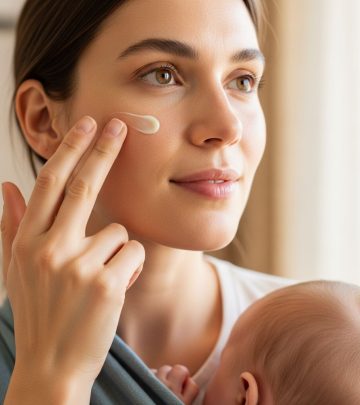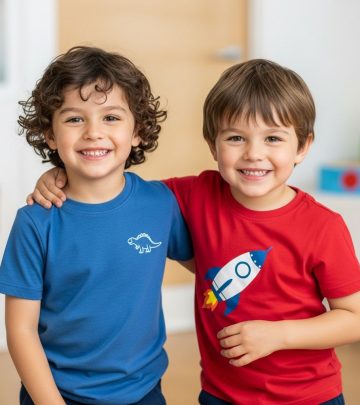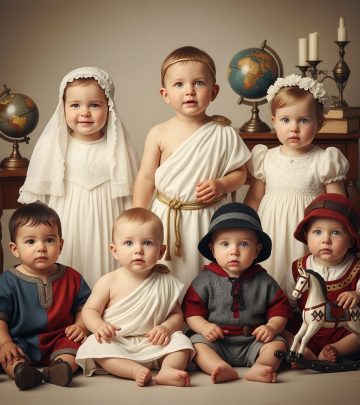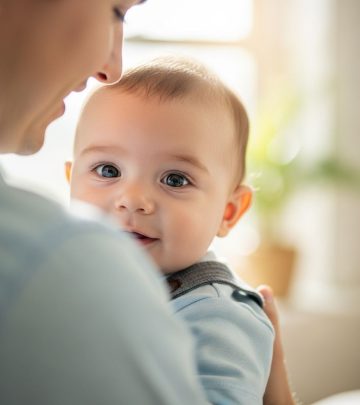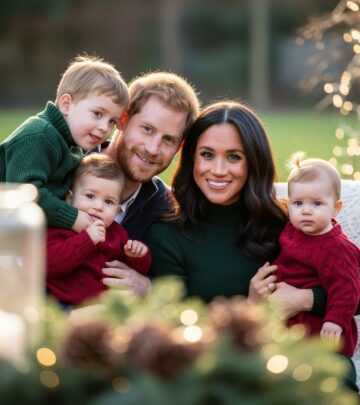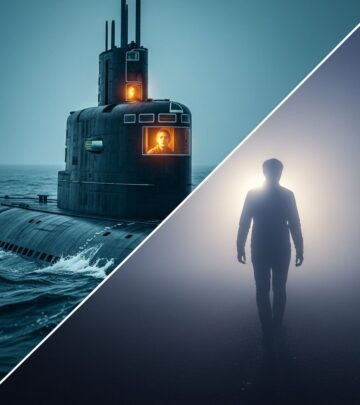Are Family YouTube Vloggers Appropriate for Kids?
Examining the risks, benefits, and ethical considerations of children featured in family YouTube vlogs.
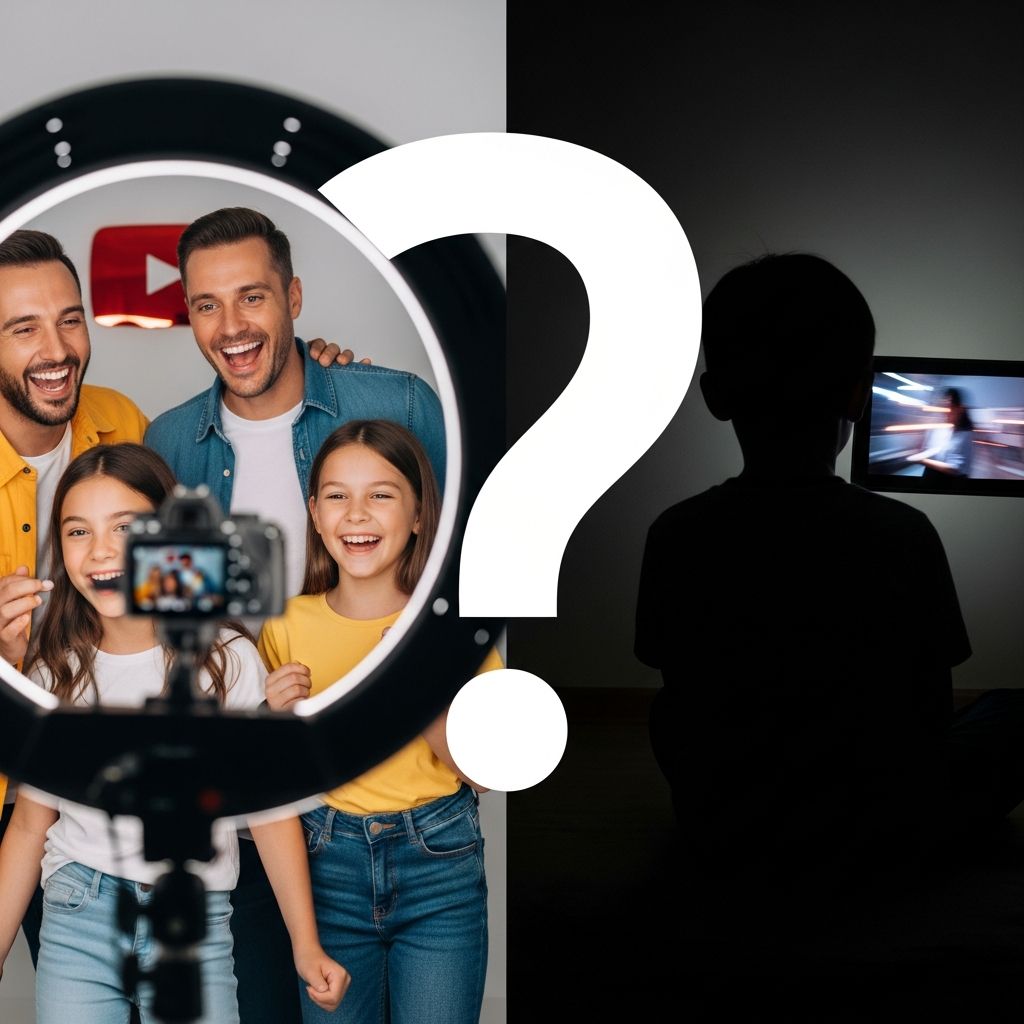
Family YouTube vlogging has become a major online trend, with millions of viewers tuning in to watch family routines, adventures, and even personal struggles. As family channels grow in popularity, questions arise about how this form of entertainment impacts children—both those in front of the camera and those watching. This article explores the phenomenon, weighing benefits, risks, ethical dilemmas, and expert guidance to help parents make informed decisions about family vlogging.
Understanding Family Vlogging
Family vlogging involves parents filming and sharing daily life, milestones, and adventures with their children on platforms like YouTube. Content ranges from harmless playtime and family outings to private and sometimes controversial moments.
Popular vlogging families have amassed millions of subscribers, bringing both fame and revenue through advertising and brand deals.
- Definition: Video diaries documenting family life, often including children in every aspect.
- Key Players: Channels like Shaytards and 8 Passengers set early standards and faced controversy over child privacy.
- Revenue: Monetization through ads, brand sponsorships, merchandise, and affiliate deals.
The Appeal and Popularity of Family Vlogs
What draws millions of viewers to family vlog channels? For many, these vlogs offer relatable, unscripted glimpses into parenting and childhood, fostering a sense of connection and normalcy. Families benefit from community support, financial gains, and the creative process. However, this popularity comes with a hidden cost: children’s privacy, emotional health, and autonomy.
- Authenticity: Family vlogs simulate reality TV, providing viewers with ‘real-life’ entertainment.
- Financial Incentives: Successful channels earn significant income, sometimes allowing parents to work from home or travel with children.
- Community: Audiences interact in comments and social media, forming devoted ‘fanbases.’
Benefits of Family Vlogging
When thoughtfully approached, family vlogging can offer positive experiences for both creators and viewers.
- Community Support: Families facing adversity often receive public solidarity and advice.
- Documentation: Vlogs serve as digital scrapbooks, preserving special memories and milestones.
- Education: Some vlogs provide parenting tips, lesson ideas, and promote diversity in families.
- Financial Opportunities: Channels can supplement family income or fund unique experiences.
Risks and Ethical Concerns
The rise of family vlog channels has sparked widespread concern among experts and viewers. The core ethical dilemma centers on the autonomy of children, their privacy, and the possibility of exploitation.
Privacy Loss
Unlike traditional fleeting family albums, vlogs can expose children’s personal details—ranging from funny moments to medical appointments—to millions. Children lack control over how they are portrayed or whether content stays online indefinitely.
- Permanent Digital Footprint: Videos remain online, potentially haunting children into adulthood.
- Invasive Content: Some vlogs capture private medical, disciplinary, or emotional incidents.
Exploitation and Consent
Family vlogging may echo past concerns about child stars—earning revenue from kids’ participation without explicit consent. Without clear legal protections, children may become unwitting “breadwinners” and feel pressured to perform or participate.
- Work vs. Play: Activities may look fun, but repeated filming can feel like a job for kids.
- Coercion and Pressure: Parents might push children into uncomfortable scenarios for content or viewership.
Cyberbullying and Public Scrutiny
Exposure to a public audience puts children at risk for online bullying, negative comments, or mockery. Some children have reported social and emotional difficulties stemming from unwanted attention and harsh criticism.
- Viewer Critique: Audiences may judge or shame children based on their vlogs.
- Social Challenges: Children featured on vlogs may face teasing or isolation at school.
Case Studies: The 8 Passengers Controversy
Real-world abuse cases have amplified concern. The 8 Passengers channel, once a popular family vlog, faced legal action after disturbing content revealed abusive disciplinary tactics. The mother, Ruby Franke, was sentenced to prison after viewers flagged incidents like deprivation of food and beds and public shaming on camera. While most family channels do not involve criminal abuse, this extreme case highlighted the lack of oversight and accountability for digital family entertainment.
| Risk Factor | Potential Impact |
|---|---|
| Privacy Invasion | Loss of autonomy, embarrassment, lifelong digital footprint |
| Exploitation | Pressure to perform, family income reliance, blurred boundaries |
| Online Bullying | Emotional distress, social anxiety, self-esteem issues |
| No Legal Protections | Lack of regulation, uncertain financial compensation |
| Extreme Cases: Abuse | Punitive discipline, emotional trauma, legal consequences |
Children’s Perspective: Growing Up in the Spotlight
As family vlogging has matured, former “YouTube child stars” have spoken about its impact on personal development. Public exposure can influence identity, self-worth, and relationships—with effects sometimes lasting into adulthood.
- Loss of Privacy: Children may struggle with feeling their every move is scrutinized for audiences.
- Difficulty with Boundaries: Some report trouble separating online personas from real self.
- Emotional Challenges: Negative comments, bullying, and exposure to parental conflict can have lasting effects.
Legal Protections for Children on YouTube
Legal frameworks for child actors in TV and film (such as guidelines for hours worked and earnings saved) are often missing for children in online content creation. This gap leaves young participants vulnerable to exploitation or financial unfairness. Proposed protections include setting limits on filming time, securing earnings, and guaranteeing informed consent.
- Coogan Laws: Current laws for child actors don’t extend to YouTube content.
- Advocacy Groups: Push for platform regulations and state-level protections.
- Platform Initiatives: YouTube has added restrictions, but gaps remain.
Ethical Family Vlogging: Is It Possible?
Some parent influencers now claim to honor their children’s privacy—by hiding faces, sharing less personal data, and consulting children before posting new content. Despite these efforts, critics argue that any form of family vlogging inherently commodifies private family life and puts children in the spotlight without their informed, ongoing consent.
- Setting Boundaries: Some vloggers obscure children’s identities or minimize their presence on camera.
- Informed Consent: The challenge remains to ensure children fully understand what participation means.
- Financial Transparency: Responsible vloggers set aside earnings for their children’s futures.
Guidance for Parents: If You Choose to Vlog
If you choose to document your family or allow your children to participate in vlogs, consider strategies to lessen risks.
- Respect Consent: Only film children who agree, and involve them in creative decisions.
- Protect Privacy: Avoid posting sensitive personal information or moments.
- Limit Exposure: Set clear boundaries on how much and how often children appear.
- Financial Safeguards: Allocate earnings for children’s savings and future needs.
- Audience Control: Moderate comments and monitor online interactions for bullying or trolling.
- Review Legal Rights: Stay updated on emerging regulations and best practices for digital child welfare.
Alternatives to Family Vlogging
- Use private videos and photos for family memories rather than public sharing.
- Share non-identifying content that doesn’t reveal children’s faces or personal details.
- Explore educational platforms offering privacy and creative opportunities for children.
Frequently Asked Questions (FAQs)
Q: Is it legal to feature children on YouTube?
A: Laws regarding children in digital media are still evolving. There are currently limited legal protections specific to YouTube, but traditional guidelines for child actors do not necessarily apply.
Q: Can family vlogging be ethical?
A: Some families strive for ethical practices by prioritizing privacy, consent, and the well-being of their children. However, any public sharing of children’s lives raises ongoing ethical questions.
Q: What privacy risks do children face on vlogs?
A: Risks include loss of privacy, permanent digital footprints, exposure to negative commentary, and potential for exploitation or humiliation later in life.
Q: How should parents approach family vlogging?
A: Parents should prioritize informed consent, protect their children’s privacy, moderate audience interactions, and ensure children’s welfare always comes before content creation or financial rewards.
Q: What should children know about being in family vlogs?
A: Children should understand what it means to be on camera, who will see the videos, and have the right to decline participation at any stage.
Conclusion: Navigating the Family Vlogging Landscape
Family vlogging can offer meaningful connections and creative outlets, but it also presents profound risks for children’s privacy, autonomy, and well-being. The reality is that no amount of “transparency” or boundary-setting can fully mitigate the complex ethical challenges. Parents, viewers, and platforms alike must regularly evaluate their practices, prioritize children’s interests, and advocate for stronger legal protections to ensure the safest and most respectful digital future for young people.


